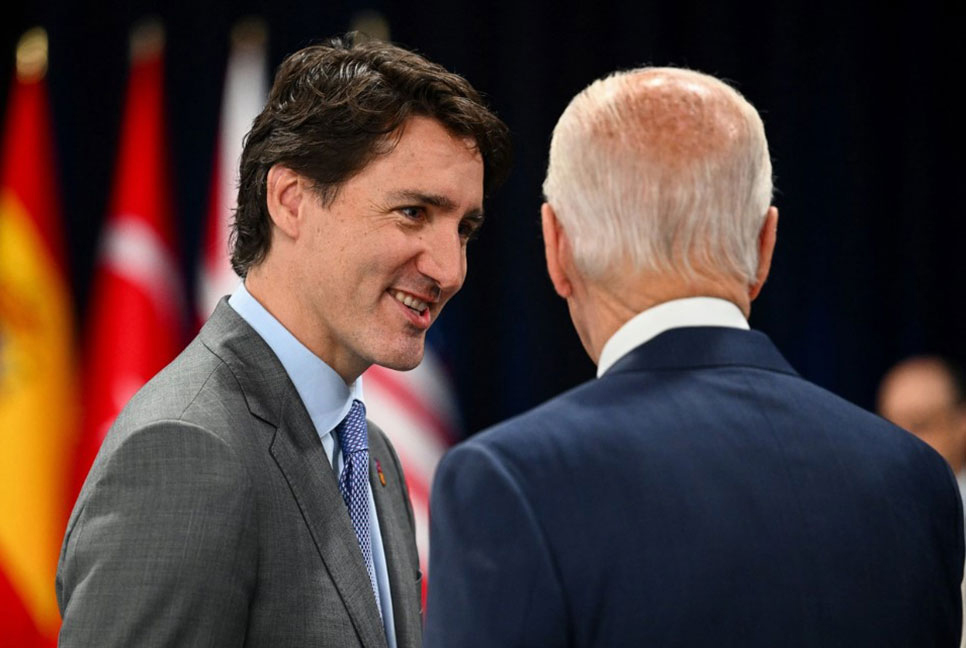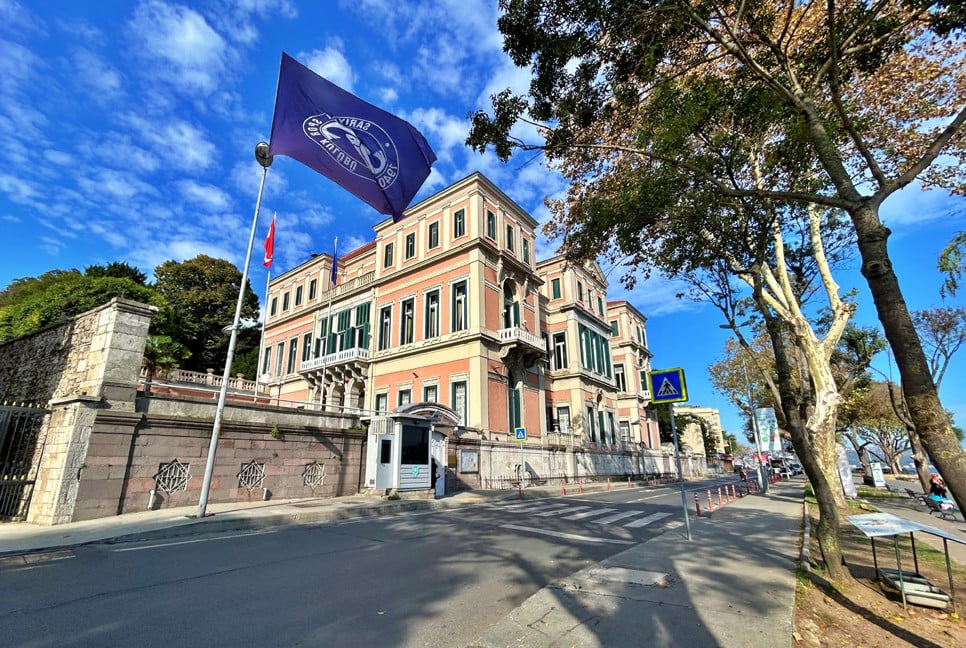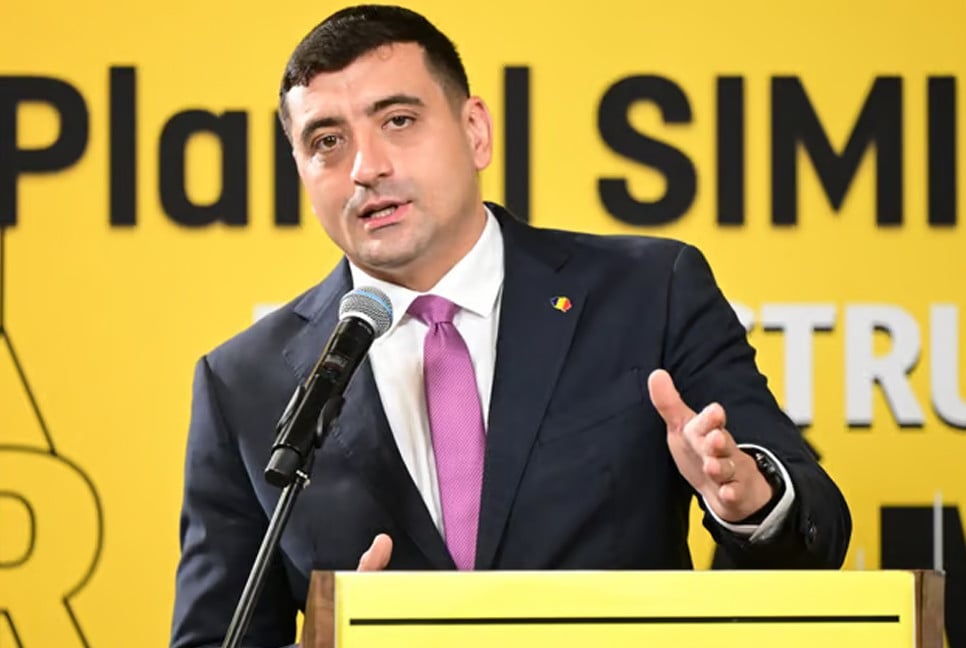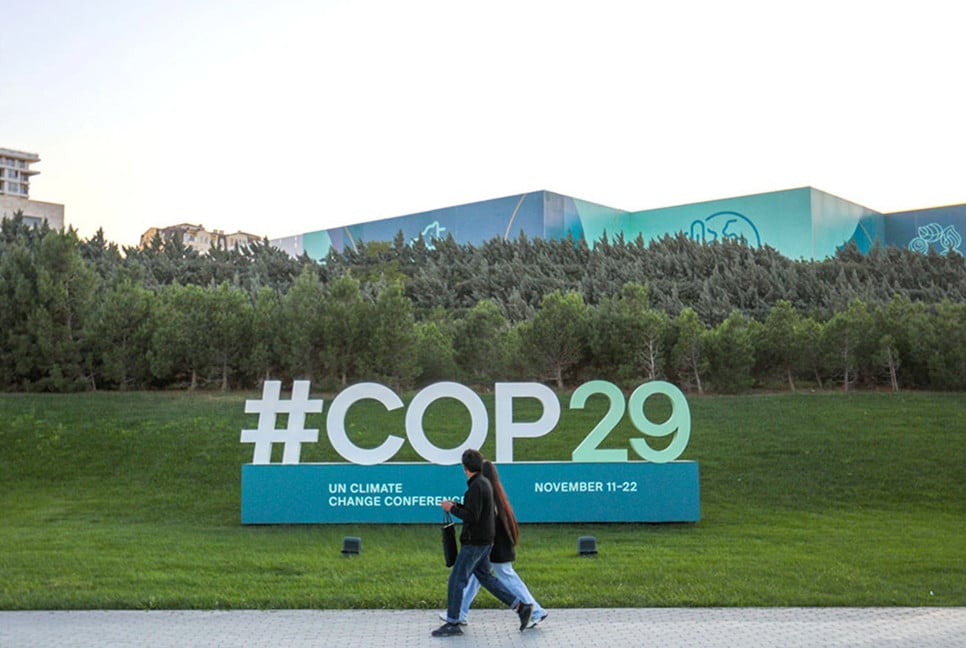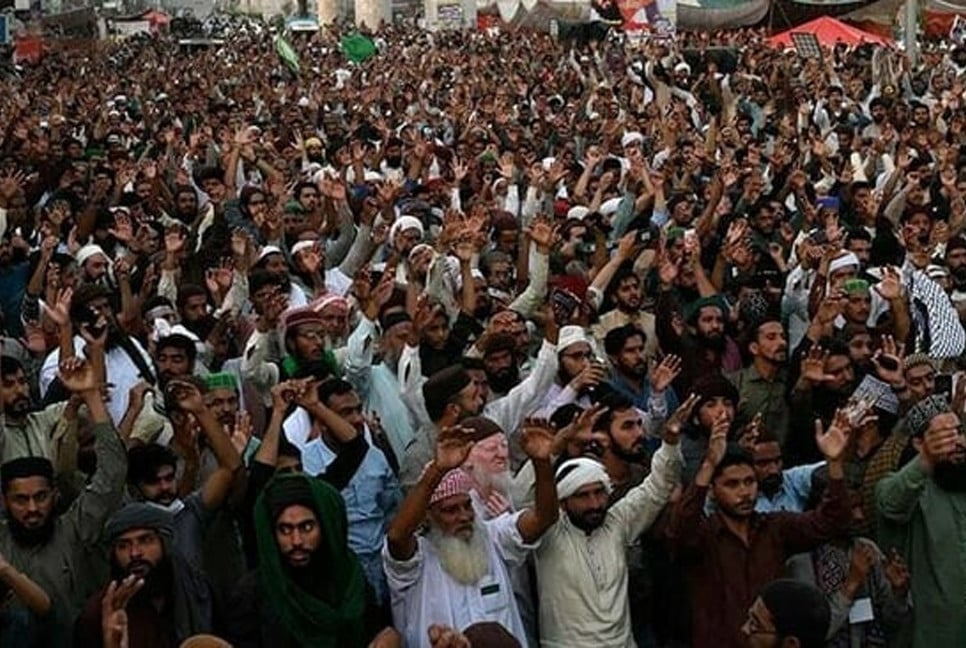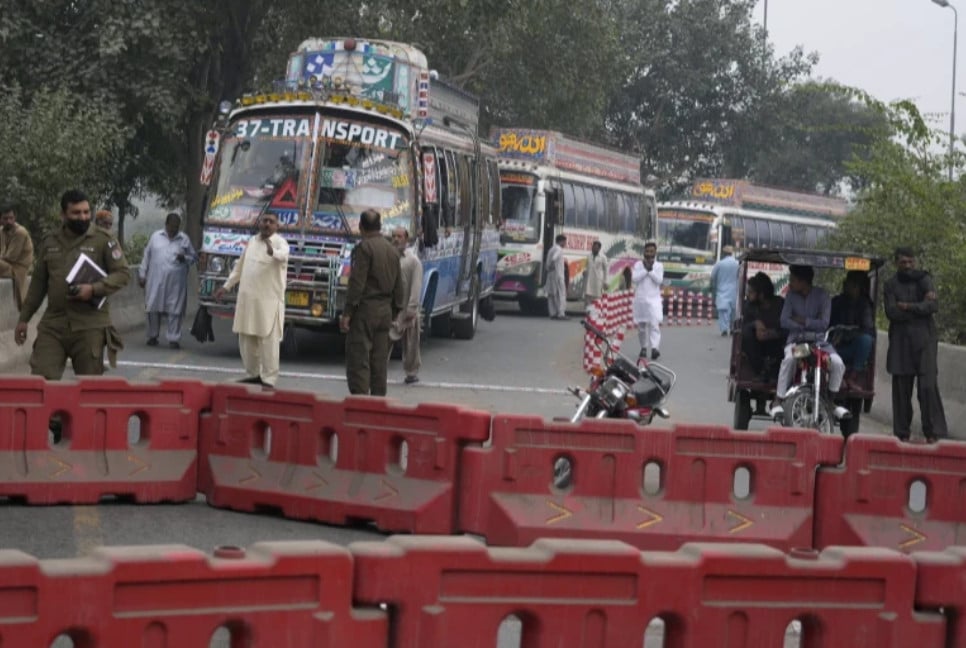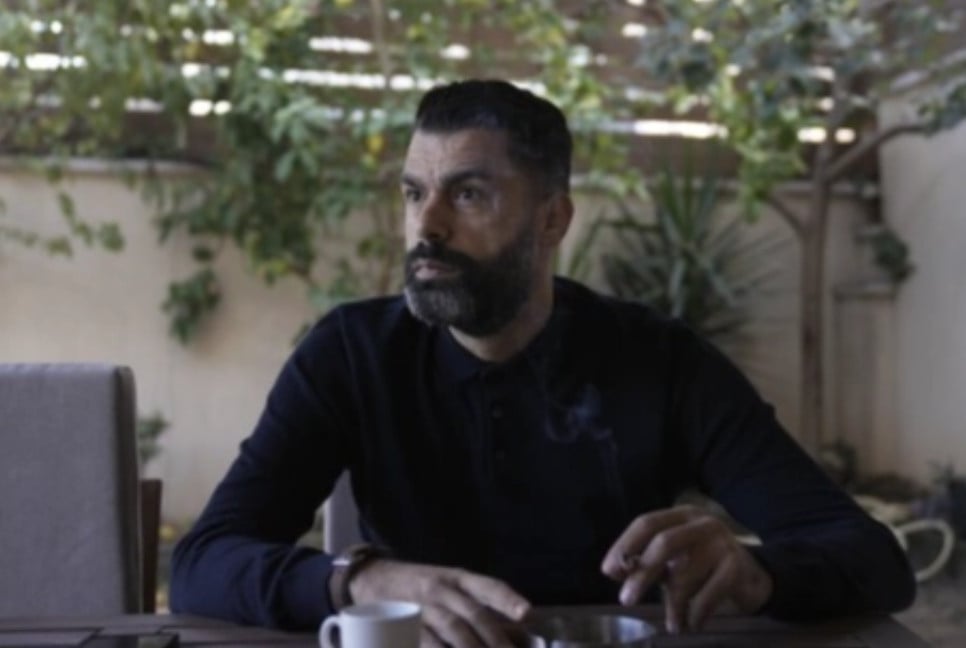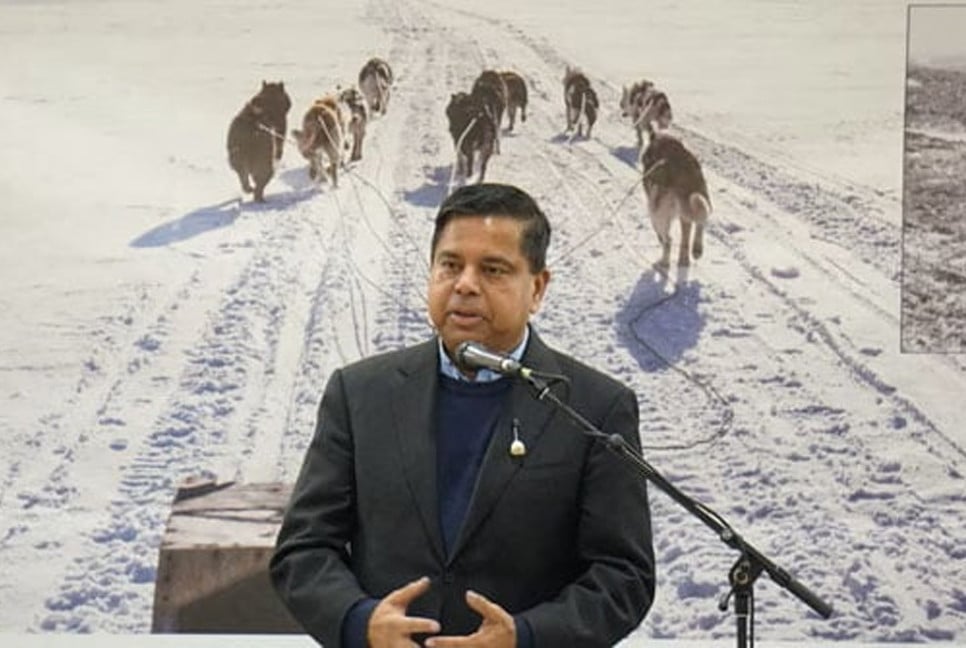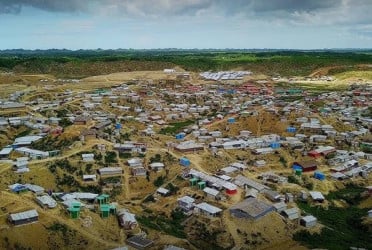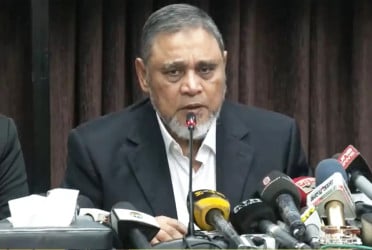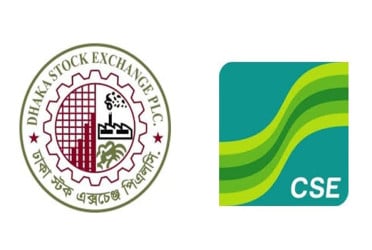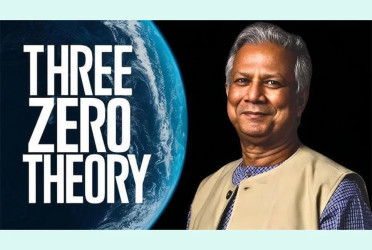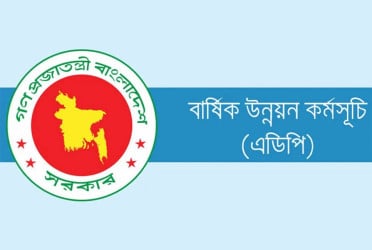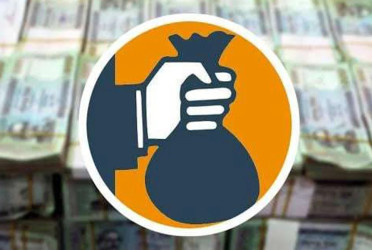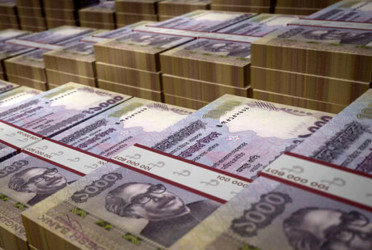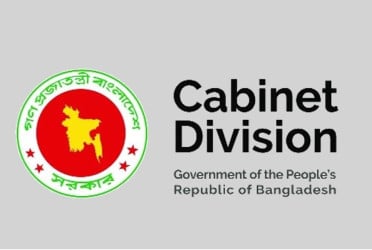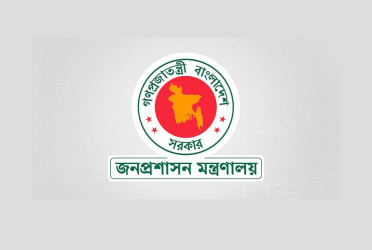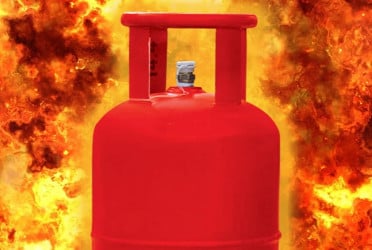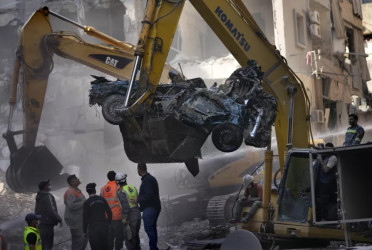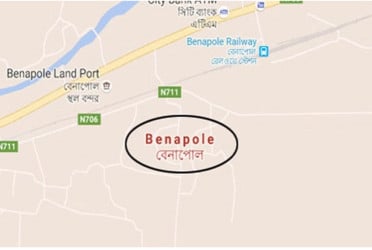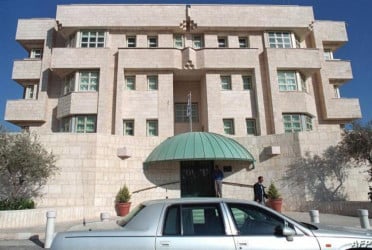When Justin Trudeau meets Joe Biden at the G7 summit in Italy this week, Trudeau will probably not ask whether the United States is at risk of erupting in civil war in the next few years.
A think tank housed within Trudeau’s government is already pondering that question.
In a spring report titled “Disruptions on the Horizon,” a quiet office known as Policy Horizons Canada proposed American civil war as a scenario that Ottawa should consider preparing for, reports politico.com.
This hypothetical was tucked into the middle of the 37-page document, which sketched the possibility in 15 spare words: “U.S. ideological divisions, democratic erosion, and domestic unrest escalate, plunging the country into civil war.”
It’s an unsettling thing to find out your immediate neighbor is getting nervous about the possibility of gruesome violence in your home.
There has been no shortage of apocalyptic forecasting about Trump-era American politics. Since the 2016 election, left-leaning nonprofits, political consultants and academics have indulged in endless speculation and role-playing exercises, ostensibly to help them defend democracy. In practice, much of this has amounted to self-indulgence. One hysterical episode in 2020 involved a war-game simulation that ended with Biden and his allies encouraging the entire West Coast to secede from the union.
The Policy Horizons report struck me as different: not dark fan fiction (or anti-fan fiction) from American partisans, but a sober branch of a friendly foreign government contemplating our national crackup.
So, how seriously should people take this on either side of the 49th parallel?
The Policy Horizons report surveyed hundreds of experts and government officials about disruptive events that Canada might do well to prepare for. Then, the authors classed those scenarios based on the likelihood they will occur, how soon they might happen and how much chaos they might create.
American civil war ranked as an improbable but ultra-high-impact event.
Other scenarios in that general category included the proliferation of homemade biological weapons; the rise of antibiotic-resistant pathogens, leading to mass death and food shortages; and the outbreak of World War 3.
John McArthur, a Brookings Institution scholar who sits on the Policy Horizons steering committee, told me the report’s description of American civil war might reflect the depth of Canadian anxiety about U.S. politics, more than a literal concern about an 1861-style war between the states.
Stressing that he was speaking for himself and not Policy Horizons, McArthur noted that the rise of American protectionism and isolationism during the Trump administration had rattled the Canadian psyche and upended decades-old economic relationships. Donald Trump’s policies and personal behavior toward Canada— including trashing Trudeau after a previous G7 meeting in Quebec — have left a painful mark.
“Any sense of disruption to your closest sovereign relationship in the world, any disruption within that country, is a deep worry, I think, to any Canadian outlook,” said McArthur, adding: “Canada’s place in the world has become more complex terrain to navigate.”
The plausibility of the civil war scenario, he said, depends on “how one defines civil war.”
Catherine Beaudry, a professor at Polytechnique Montréal who analyzed the report on a Policy Horizons panel in May, sounded more skeptical.
The value of the “Disruptions” report, in Beaudry’s view, was in laying out a web of hypothetical events worth preparing for, so that experts and officials could see how they are interconnected — and how dealing with one scenario early might help address others later on.
Many of the scenarios in the report, she said, pointed to the urgency of mastering new technology: the threat of cyberattacks disabling critical infrastructure, for instance, or emergency services being overwhelmed to the point of collapse. A government could calibrate its priorities in view of those ideas.
Bd pratidin English/Lutful Hoque

